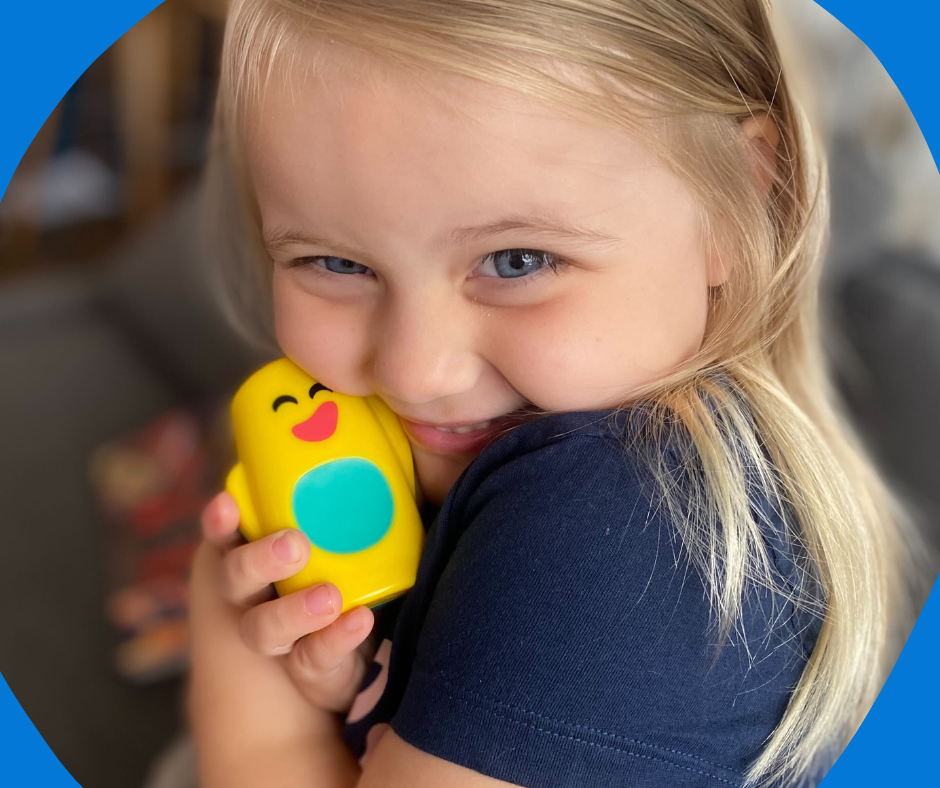
Understanding Speech Delay In Toddlers: Signs, Causes & Intervention Strategies
It is usual for parents to worry when their kid at a certain age does not reach developmental milestones. Toddlers sometimes have speech delays, but if it prolongs, it's essential to identify the symptoms, comprehend the underlying causes and seek early intervention to improve your child's language development.
Signs of speech delay in toddlers
Speech delays can manifest differently, depending on a child's age and circumstances. Some common signs in a delayed speech toddler include:
- Lack of babbling or cooing by 12 months
- Failure to say simple words like "mama" or "dada" by 18 months
- Limited vocabulary or difficulty expressing themselves by the age of two
- Difficulty following simple instructions or understanding basic questions
- Inability to engage in age-appropriate conversations with peers or adults
Causes of speech delay in toddlers
The reasons for speech delays in children can be complex and involve several different circumstances. It can be brought on by a variety of factors, such as:
- Genetics or family history of language or speech difficulties
- Hearing loss or ear infections
- Developmental disorders such as Autism Spectrum Disorder or Down Syndrome
- Premature birth or low birth weight
- Lack of exposure to language or inadequate communication simulation
Intervention strategies for speech delay in toddlers
Early intervention is essential to help delayed speech toddlers, and one of the most common intervention strategies is speech therapy. Some techniques that speech therapists may use include:
- Play-based therapy to encourage a child to speak
- Visual aids and pictures to aid communication
- Modelling and repeating words and phrases to promote imitation
- Building vocabulary through games and activities
- Encouraging parents to incorporate language stimulation into daily routines
Recognising the symptoms, comprehending the causes and getting early care can significantly improve language development results.
Get NDIS-supported child speech therapy in Australia
If you have concerns about your child's speech development, don't hesitate to seek support. TalkiPlay can provide expert assistance to encourage your child to talk. Created by a speech pathologist, TalkiPlay offers a fun and effective way for children to learn a language and for parents to support their progress.
Whether you're at home or in an Early Learning Centre, TalkiPlay’s NDIS-supported Speech & Language Program can help. Don't wait — visit our website or check out our speech-stimulating toys to start your child's language development journey. If you have questions, contact us today.
